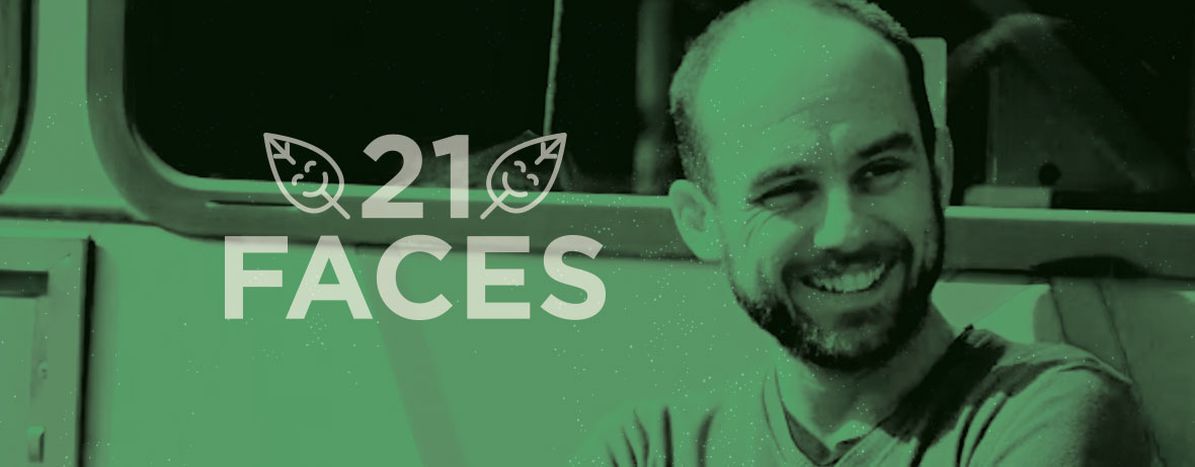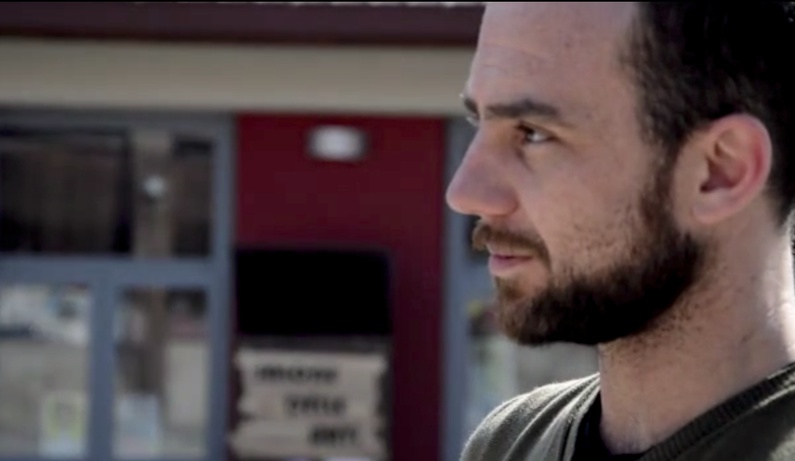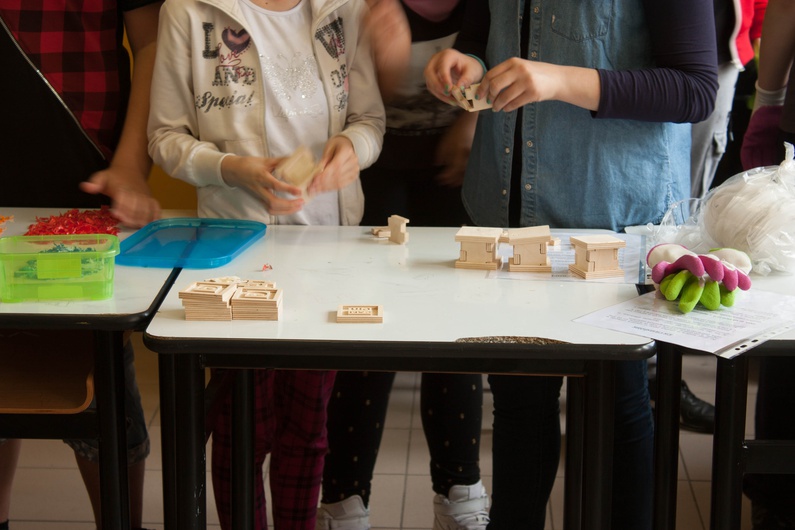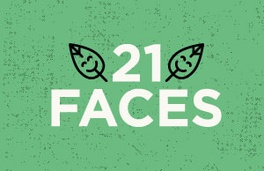
Paolo Di Napoli: The real value of everyday materials
Published on
Translation by:
Josephine Lisa ArdaScience and collaboration, combining environmental education with practical skills; according to Humake.it, these are the things you need to build (or rebuild) a fair representation of the environmental. We also have to be aware of the resources that the Earth provides us. We talked to the founder of the project, Paolo di Napoli, to discover this creative and sustainable craftsman.
I met Paolo di Napoli at the Officine Creative Cecchi Point in Turin, the place where he decided to start his project: Humake.it. According to him, he found in Turin: “A driving force to build up change from the bottom.”
After 10 years of academic research across Europe, Paolo decided to dedicate more time to his passion for developing practical skills, pursuing a life that seamlessly integrates with his work. He wanted a job that made him feel satisfied in everyday life. In this manner, it's easier to reach a feeling of harmony. That word will recur a lot during our conversation: he regards harmony as a fundamental ingredient needed to reach real sustainability.
You make it
Humake.it started in 2014 by launching a workshop on environment educatio, more specifically on the topic of materials we use every day. The activities involved schools, companies and creative types, and focused on the analysis of a product's life cycle, as well as the organization of small scale recycling systems.
The team is made up of 5 people from different backgrounds, all under 35 years old. They share a passion for using craftsmanship as a way to express themselves, and in order to feel united. Paolo explained that they care about sustainability both in their life and work, with the aim of sharing a common lifestyle through adopting the project.
The video shows the story of a workshop organized by Humake.it for schools (Twin Pixel Video/Vimeo)
What is special about it?
The tools used to create this project are based on appropriate technology: an affordable system in step with local context. Everything has to be simple, understandable for participants, and easily reproduced, with a low impact. The development of research based on the "Casa del quartiere" in Turin led to the discover of an additional core value: collaboration – a fundamental way of achieving a higher rate of local idea exchange. This cooperation aspect of Humake.it allows users to choose together the best path to take – in this way everyone involved has something new to learn.
Humake.it wants to reestablish the value of materials, to change the way resources are used, and to understand the needs of our environment. As Paolo elaborates: “Objects have their own life cycle and it is important to understand every step of it.”
 “What led me to this job is the passion for finding harmony between science, nature and humanity," adds Paolo, "This utopia does not have its basis in technology, but in the way we educate citizens about how to use that technology.”
“What led me to this job is the passion for finding harmony between science, nature and humanity," adds Paolo, "This utopia does not have its basis in technology, but in the way we educate citizens about how to use that technology.”
Raising awareness at a grassroots level
The most important factor is to start from the bottom. In this way it is possible to create a circular economy that would allow us to live in a sustainable manner, while solving today's environmental problems. Young people have an important role to play in this as they can "make people open their eyes and teach them how to compare different ideas.”
Paolo is optimistic about the project, and he trusts in the decision-making process of “world powers” at the global climate talks during COP21 in Paris. However, he is also aware that the most important thing remains a dialogue regarding individual experiences alongside the cooperation of different governmental powers. Only this combination will lead to really productive critiques and decisions.
 ---
---
This portrait is part of our #21faces project in the run-up to the world climate summit COP21 in Paris. This article was also published by our local team at cafébabel Torino! Look out for more of their articles across the site.
Translated from Paolo Di Napoli: come ridare valore ai materiali



